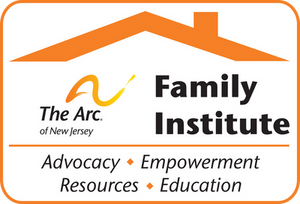
Project HIRE
What service(s) do you provide?
Generally speaking, Project HIRE services are aimed to help individuals with obtaining and maintaining competitive, integrated employment. That means positions available to the general public, at or above minimum wage in an environment that both individuals living with disabilities and those who do not have similar job descriptions.
Job Development (assistance with resume/cover letter and interview preparation, application assistance and outreach to local employers with the goal of obtaining competitive, integrated employment)
Job Coaching (assistance with learning newly assigned tasks and ongoing task training. Employment counseling and assistance with acclimation to the working environment.)
What is "Job Coaching?"
Job coaches are individuals who specialize in assisting individuals with disabilities to learn and accurately carry out job duties. Job coaches provide one-on-one training tailored to the needs of the employee. The services are generally delivered intensively at the outset of new hire and fade back to what is referred to as a "follow-along" type arrangement. Job Coach strategies include, 1-1 training and demonstration, counseling and acclimation to work environment, assistance with onboarding, requests for accommodations and development of natural supports or relationships with onsite staff. All strategies are geared to help the individual become more independent at work.
Where do you currently operate?
The counties we currently serve are: Sussex, Warren, Morris, Passaic, Bergen, Essex, Hudson, Union, Somerset, Middlesex, Hunterdon, Monmouth and Ocean. But please call 732-246-7605 to see about availability in your area.
How to access Project HIRE Services?
Most individuals are referred to the program by Vocational Rehabilitation Counselors at the Division of Vocational Rehabilitation. Project HIRE also accepts referrals from Support Coordinators in the Division of Developmental Disabilities. Project HIRE also accepts funding directly with school districts, if interested, please call 732-246-7605 to inquire about rates and services.
What type(s) of positions do Project HIRE applicants obtain?
Project HIRE works with individuals with a wide range of skills and interests and participants are employed in just about any field you can think of! The program pursues employment based on the employment type on your vocational plan upon referral. Before services begin, make sure to connect with your DVRS counselor or your Support Coordinator regarding determining your vocational plan and job goal.
For more information visit:
https://www.arcnj.org/programs/project-hire/project_hire.html
Contact information:
Colleen Collick, Director of Project HIRE
T: 732.246.7605
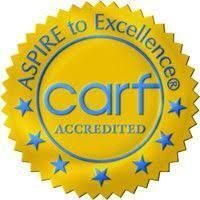
The New Jersey Self Advocacy Project
What type of advocacy do you offer?
We are not lawyers and cannot offer legal advocacy at the NJ Self-Advocacy Project. We can only provide you with resources, information, and referrals in regard to these types of issues. If a person with an intellectual or developmental disability requires legal assistance, you can contact Disability Rights New Jersey for assistance.
If my child's teacher or community provider agency wants to schedule a training or virtual activity with NJSAP, what is the best way to do that?
They can utilize our training request form on the NJSAP website or email us at NJSAP@ArcNJ.org. There is no cost to schools or DD agencies for training sessions. We present a wide variety of topics and have them grouped into categories on the Training Request website: Self-Advocacy Trainings, Legislative Advocacy Trainings, Employment Trainings, Technology Trainings, Communication/Relationships Trainings, Healthy Living Trainings, Guided Activities. Just identify the topics you are interested in and submit the form- we'll be in touch shortly to schedule dates. Click "more information" below to go to our Training page.
Who can attend the NJSSAN Council meetings and how do I know which one to go to?
Council meetings are open to any person with IDD over the age of 18. We do sometimes have family members who reach out and ask to attend the first meeting with their loved one to see if it would be a good fit and get a feel for the meeting and that is totally fine. The NJSSAN Council map can be found here. There are 5 Councils and each Council hosts a monthly meeting. All meetings are now held virtually, on Zoom. The meetings are led by self-advocates, who are elected to their positions by fellow members and supported by members of the NJSAP Team. You would determine your Council meeting base on your location in the state. Of course, if you have any questions or believe that a particular Council meeting would be more appropriate based on your location, just reach out to the NJ Self-Advocacy Project team and we’re happy to help.
What’s the best way to stay up to date with NJSAP?
Joining our email list is the most effective way of staying up to date on NJSAP activities. We share all of our information via email. You can also visit the NJ Self-Advocacy Project website to register for upcoming virtual events or email NJSAP@ArcNJ.org to set up a training for your school or agency. Following us on social media is also a great way to stay up to date, we are @NJSAP on Twitter and @NewJerseySAP on Facebook and Instagram.
If I enjoy a particular HLP activity or webinar topic, will you present it again?
We sometimes replay certain well-attended webinars but we also archive all webinars on the "Stay Healthy At Home" webinar page. We often repeat our HLP fitness activities, so make sure to stay up to date if you are looking for a topic to come up again. We are happy to present any training topic to school groups and community provider agencies statewide, so visit our Training page to submit a request.
For more information visit:
https://www.arcnj.org/programs/njsap/self_advocacy.html
Contact information:
Erin Smithers, Director of NJSAP
T: 732-246-2525 x26
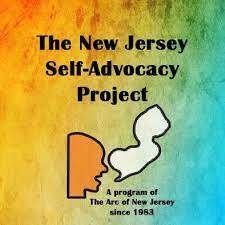
Children's Advocacy
How does the school district create goals in my child's IEP?
IEP goals are created using a number of factors, which include:
- The child's present level of performance
- Results of evaluations
- Reports from teachers, parents, physicians
- Standardized test scores
How can I get services from PerformCare?
The easiest way to get this process started is by calling their intake number at 1-877-652-7624. An intake coordinator can assist the parent with the electronic or paper application and answer questions about any required documentation. To be eligible, either the child or parent/guardian must be a U.S. citizen or permanent resident.
What do I do if I disagree with the results of the school's evaluation(s)?
One of your rights under the IDEA is to request an Independent Educational Evaluation (IEE). This can be done by writing a letter to the child's IEP case manager outlining your specific concerns with the results of the initial evaluation and politely requesting an independent evaluation. You may also request that the IEE be provided at public expense.
Are there any supports available for me, the parent?
Being a parent and primary caregiver for a child with IDD can feel overwhelming, and it's perfectly normal to feel like you just need a break. One of the most popular services that parents/guardians can access is respite. Respite services provide care for an individual with IDD and give the parent/guardian much-needed relief from caregiving responsibilities. It allows the caregiver to refresh, recharge, and relax. There are 5 types of respite available through PerformCare:
1. Agency Hired - A family employs a provider agency to fulfill respite services.
2. Self-Hired - The family employs any individual of their choice (including other family members) to provide respite care.
3. After School - Provided on-site at a community provider agency near the child's home and school.
4. Agency Weekend - Social and recreational outings in the community.
5. Overnight - Short-term alternate living arrangement provided by a licensed facility with 24-hour care.
We also highly recommend that families get in touch with their local Family Support Organization (FSO). Located in each county and organized by families, they offer support groups, information, and local resources.
My child's school district and I can't agree on the new IEP. Should I file for a due process hearing?
Maybe, but you should consult an attorney if you plan on going to due process. There are many options for dispute resolution that can be successful before going to a due process hearing. Here are a few examples:
The first is obviously having an additional IEP review meeting to discuss the issue at hand. Tension often arises in IEP meetings, so revisiting the issue separately (with cooler heads) can be a surprisingly easy way to find a solution.
If you feel that you or your child are being treated unfairly in IEP meetings or that your rights are not being respected, you can request a Facilitated IEP meeting from the NJ Department of Education. This free service from the State of New Jersey provides a facilitator for your IEP meeting to ensure that it remains student-focused and collaborative.
Mediation is a more formal option before going to a due process hearing. The IEP team has a meeting with an impartial mediator to try and reach an agreement. The goal of mediation is to openly discuss disagreements and try to reach a solution with the help of a neutral third party. It is important to remember that the mediator is not there to make a decision, but rather to help the two parties resolve the dispute.
For more information visit:
https://www.thearcfamilyinstitute.org/welcome.html
Contact information:
Adara Heilmann , Director of Children's Advocacy
T: 732-246-2525 x30
Criminal Justice Advocacy Program
What is the Criminal Justice Advocacy Program and what can the program do for
an individual being referred?
The Criminal Justice Advocacy Program (CJAP) is a clearinghouse for information about offenders with intellectual and developmental disabilities (IDD). The Program helps to identify community-based alternatives to incarceration for individuals who are defendants in the criminal justice system. CJAP is a voluntary program, and participation needs to be agreed upon by the client, even if the referral is prompted by family members. Potential clients do have the right to reject participation, and can also withdraw their release information consent at any time. Upon deeming a referred individual meets the eligibility for the program, they would be assigned to a Community Resource Coordinator (CRC). The coordinator will then work alongside the client, court personnel, and their support system, as well as with State and community providers to provide education, advocacy, as well as assistance with the identification of resources and services. Drafting of a Personalized Justice Plan (PJ) may also be implemented.
A PJP is a combination of community services compiled to supplement the particular needs of an individual to minimize the risk of recidivism. The PJP is presented to the court system as a potential alternative at various steps in the criminal justice system, such as detention or incarceration. PJP’s emphasize the use of least restrictive community-based alternatives to incarceration while holding individuals accountable for their behavior. The more documentation provided to CJAP during and throughout the individual’s admission will help us understand each person’s unique needs that will then be conveyed to parties involved, including public defenders, judges, and providers. Examples of the necessary documentation to be provided include, but are not limited to: Psychiatric evaluations, behavioral plans, IEPs, ISP/IHPs, court summons/complaints, medication history, biopsychosocial evaluations, competency evaluations, psychometric testing reports, results of intelligence tests (IQ tests), NJCAT results, neurological assessments, occupational/speech and language/audiological evaluations, medical evaluations, and standardized testing reports. Each report can assist the individual’s representation in better comprehending their disability.
It is important to note that our program does not provide legal advice, representation, or services. CJAP can assist in linking individuals to legal services, including a public defender or private representation. CJAP does not directly offer transportation, medication monitoring, or financial assistance.
If my family member/referred individual is 18 years of age, do they qualify for the Criminal Justice Advocacy Program?
To be eligible for services provided by CJAP, the individual must be 21 years of age and older. All referrals must be eligible for the New Jersey Division of Developmental Disabilities (DDD) services. However, if your family member is 18 or older, they are an adult according to the law.
Will my family member/referred individual with IDD involved in a criminal case be eligible for a public defender?
Yes, The New Jersey Office of the Public Defender provides legal representation for individuals with IDD charged with criminal offenses who are unable to afford private lawyers. According to Part VII Municipal Court Rules, “[I]f a defendant is alleged to have a mental disease or defect, and the judge, after examination of the defendant on the record, agrees that the defendant has mental disease or defect, the judge shall appoint the municipal public defender…, if indigent, regardless of whether the defendant faces a consequence of magnitude.”
What role does legal guardianship play within the criminal justice system?
Unfortunately, there is no concrete answer to this question. Guardians should be aware that at this time, there is no statewide consensus as to the role of a guardian in criminal justice matters. Some jurisdictions will invite guardian input and see the existence of a guardian as an indicator of competence. However, that is not true in all municipalities and Superior Court matters. Each state and jurisdiction views and perceives legal guardianship differently within the criminal justice system. While sometimes a legal guardian is welcomed and encouraged to participate in the client’s court hearing, there are times that a public defender/attorney may still wish to speak to the individual in private. This tends to hold true within other realms of the justice system as well. Although one is deemed to need legal guardianship, there are several different types of legal guardianship that may not allow the elected guardian the power to make personal and life care decisions, which is why legal guardianship inclusion, in respect to the criminal justice system, is complicated.
What if the referred individual is ultimately sentenced to incarceration?
The involvement from CJAP will not necessarily discontinue once the individual is incarcerated. Staff will continue to provide case management while working with
jail/prison/psychiatric hospital social workers, doctors, and ADA coordinators. CJAP will work to ensure that the individual’s rights are being protected while incarcerated by communicating and spreading awareness of their disability. The individual incarcerated will usually be placed on a “monitoring status”. However, there are exceptions. Community Resource Coordinators rely on communication and correspondence with the staff at these facilities, as well as with the client’s
supports in the community. If these lines of communication seize, it becomes difficult for CJAP staff to continue the necessary level of service.Typically, if/when a client is placed on probation or parole, CJAP monitors the client’s PJP until the individual completes their sentence depending on their personalized needs.
For more information visit:
https://www.arcnj.org/programs/criminal-justice-advocacy-program/criminal-justice-advocacy.html
Contact information:
Robyn Holt
T: 732.828.0988
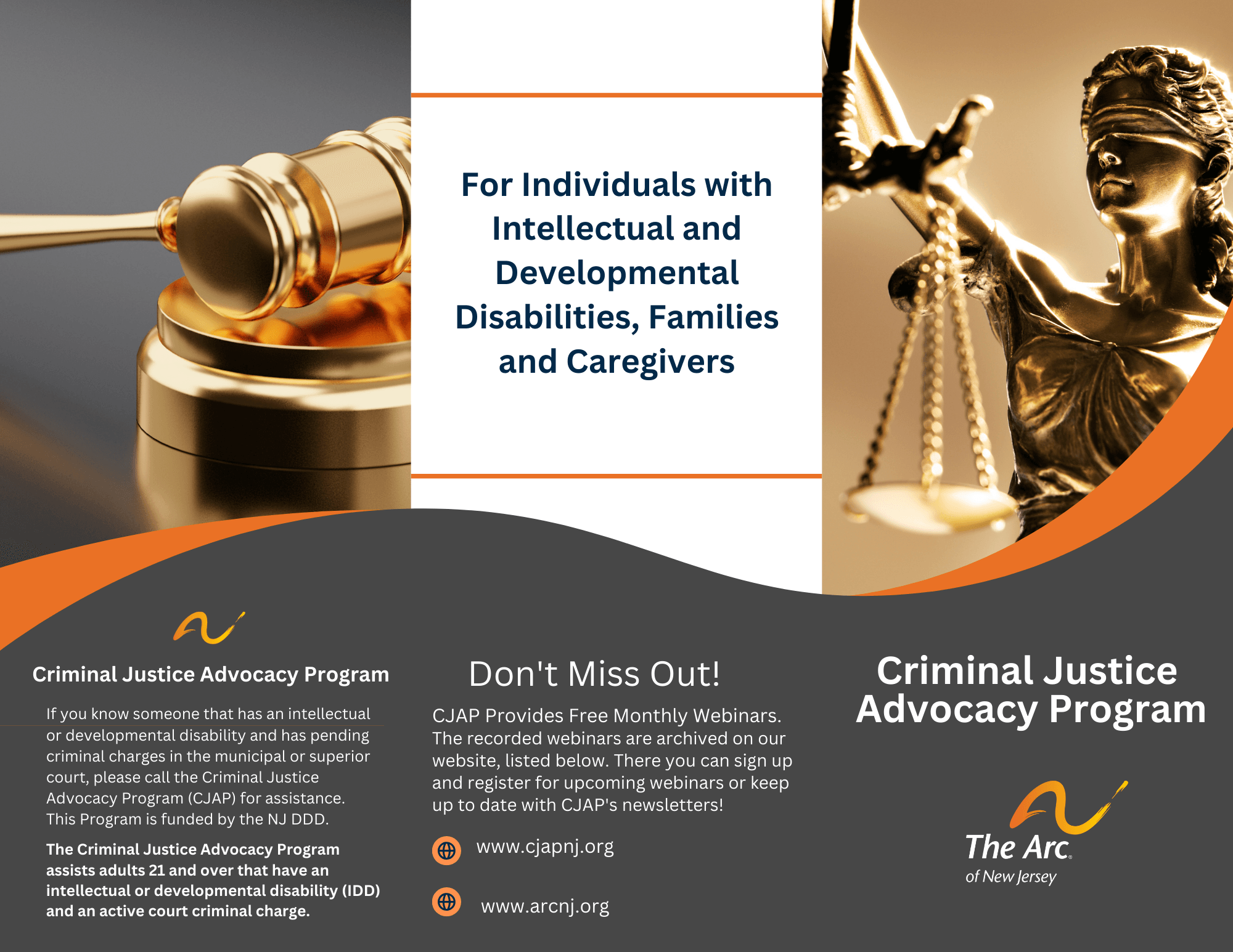
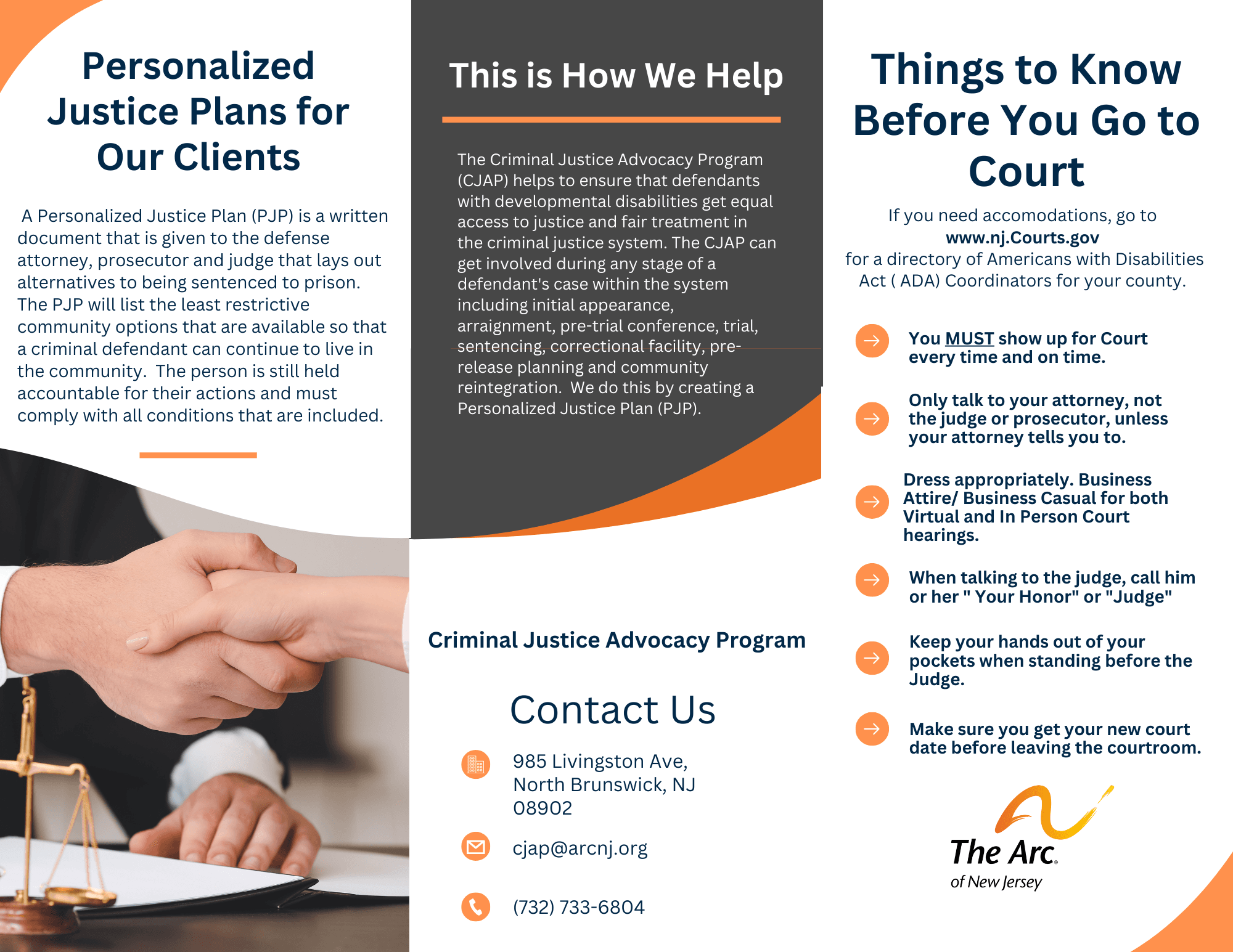
Health Care Advocacy
What is a “dual eligible”?
A person who has both NJ FamilyCare/Medicaid and Medicare is referred to as a dual eligible. Most individuals with intellectual and developmental disabilities (IDD) who are “dual eligibles” received Medicaid first, and at a later time, they started to receive Medicare also. But occasionally, some individuals with IDD may have Medicare first, and Medicaid starts later.
What is the usual process for an individual with IDD to receive DDD services at age 21?
In order to receive supports and services from the New Jersey Division of Developmental Disabilities (DDD) at age 21, students with IDD are required to have Medicaid and be functionally eligible for DDD services. However, there is an exception to the Medicaid requirement, which is applicable to a small number of individuals with IDD (see the next paragraph). The recommended process for obtaining Supplemental Security Income (SSI) – and the Medicaid that accompanies it – has been explained in the SSI Fact Sheet from DDD. That fact sheet explains the importance of youth with IDD applying for SSI as soon as possible after their 18th birthday. This process is applicable for the majority of youth with IDD.
What is the monthly income limit that would allow a student with IDD to be eligible for NJ Medicaid?
Depending upon the amount of child support income or the SSDI benefit, the son/daughter with IDD may be eligible for Medicaid, even though they are not eligible for SSI. If the individual with IDD has a monthly income lower than $1,215/month (in 2023), they should apply for NJ Medicaid in the category called New Jersey Care Special Medicaid Program, also known as Community Medicaid.
What is the link to the site where you can appeal a Social Security Administration (SSA) overpayment online?
You can appeal an SSA overpayment online here: https://www.ssa.gov/ssi/text-overpay-ussi.htm
What can I do if I still need assistance?
If you need help with a problem related to Social Security, Medicaid, Medicare, or another healthcare-related issue, please fill out a problem form, found here: https://www.arcnj.org/programs/health-care-advocacy/problem_forms.html
For more information visit: https://www.arcnj.org/programs/health-care-advocacy/
Contact information:
Connor Griffin, Director, Health Care Advocacy
T: 732.246.2567
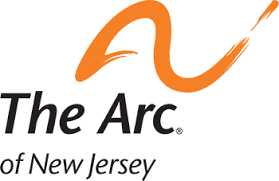
Governmental Affairs
Why does advocacy matter?
If the voice of the disability community is not heard, the needs we face will be overlooked. Public policy advocacy is most effective when family members, self-advocates, professionals, and caring citizens work together. For elected officials to better understand the unique challenges facing people with IDD, we as advocates must educate them.
I’m not a policy expert, how can I be a successful advocate?
You don’t need to be a policy expert to be a successful advocate. In fact, you don’t need any special training or classes. To be a successful advocate, you need to be willing to share your story and educate decision-makers about your life experience. Your personal story helps make policy relatable. Your lived experiences are a way for elected officials to understand the real-world impact of their decisions. You can also sign up to receive action alerts from our organization to participate in advocacy opportunities throughout the year.
How can I figure out who represents me on a local, state, and federal level?
By typing in your zip code into this website, https://p2a.co/lRPDZ5C, you can view the US Senators, US Representatives, Governor, State Senator, and Assembly members who represent you in Washington, DC, and New Jersey. Another great way to learn more about your elected officials are to read local and state newspapers which will frequently include reporting on legislative issues and ongoing policy proposals.
Now that I know who represents me, what are some ways I can communicate with my elected officials?
If you want to share your story with an elected official, you can communicate with them in a variety of ways. If you want policy changed or if you need assistance, you can reach out via a letter or email that details your concern or your ideas to change a law or create a new one. You can also request a meeting with either the elected official or a member of the staff to go into more detail about your experience.
What else can I do?
Another great way to be heard is to get connected at the local level. Attend town council meetings, engage with the elected officials who represent your municipality, speak out at meetings and write letters to the editor. These are all important tools and ways in which you can make disability issues more seen by the community at large.
Contact information:
Sharon Levine, Senior Director, Governmental Affairs & Communications
T: 732-246-6861
